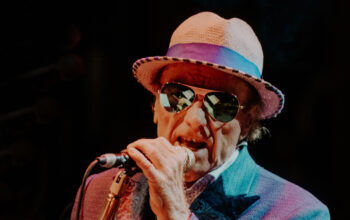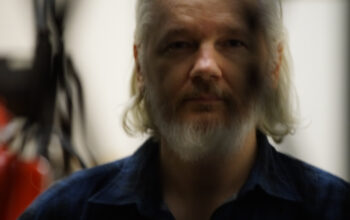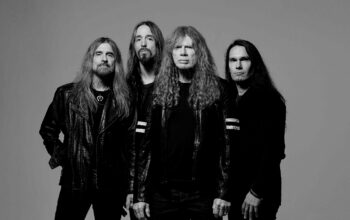Nemtsov murder: Its possible impact on Russo-Western tensions

The circumstances of Boris Nemtsov’s death look, at best, incredibly coincidental and at worst, unbelievably suspicious.
Days before an anti-government protest, one of Vladimir Putin’s biggest critics is gunned down in brutal fashion metres away from the Kremlin: a conspiracy theorist’s dream.
Although his political popularity waned somewhat in recent years, Nemtsov had long been a vocal opponent of Putin’s government, publishing four disparaging evaluations about the president’s time in office since 2008.
To muddy the waters further, according to Al Jazeera, the country’s former deputy prime minister was currently working on a document to shed light on the exact nature of Russia’s involvement in Ukraine.
Although the Kremlin has vehemently denied supplying Russian separatists with sophisticated weaponry, the West and Ukraine strongly uphold this claim, with Nemtsov fiercely critical of Russian involvement in Ukraine.
Given the West’s already strained relationship with Putin and Russia, this latest incident could exacerbate the issue further, depending on the reaction from the UK and the US.
If the West moves to distance itself from Nemtsov’s killing, it is unlikely the current relations with Moscow will be affected. However, if they, like many members of the Russian opposition, start to point the finger of blame towards Putin and his government, there is no doubt that the already fraught links between east and west will become even more volatile.
So far, the rhetoric from world leaders has been largely predictable, as is generally the case when incidents like this occur.
David Cameron praised Nemtsov in a public statement, saying that his killing must be “fully, rapidly and transparently investigated, and those responsible brought to justice”.
“His life was dedicated to speaking up tirelessly for the Russian people, to demanding their right to democracy and liberty under the rule of law, and to an end to corruption. He did so without fear and never gave in to intimidation,” the prime minister added.
US president Barack Obama offered a similar spiel, stating that a “prompt, impartial and transparent” investigation was necessary.
Interestingly, both Cameron and Obama’s statements used the word “transparent” when discussing the Russian government’s next steps, which already suggests a feeling of mistrust regarding the Kremlin’s course of action in the forthcoming weeks.
Putin, of course, has also condemned the murder, labelling it a “provocation,” and announcing that those responsible will feel the full weight of the law if brought to justice.
For now, the leaders of the West have reacted accordingly given the circumstances, but it is unlikely that this will be the end of the issue on an international scale.
Over the coming days, as more information about Nemtsov’s murder is brought to light, the likes of Cameron and Obama may have to speak out again, and, depending on how Putin handles the situation moving forward, their condolences may well start to sound more like accusations.
Joseph Tyson

























Facebook
Twitter
Instagram
YouTube
RSS